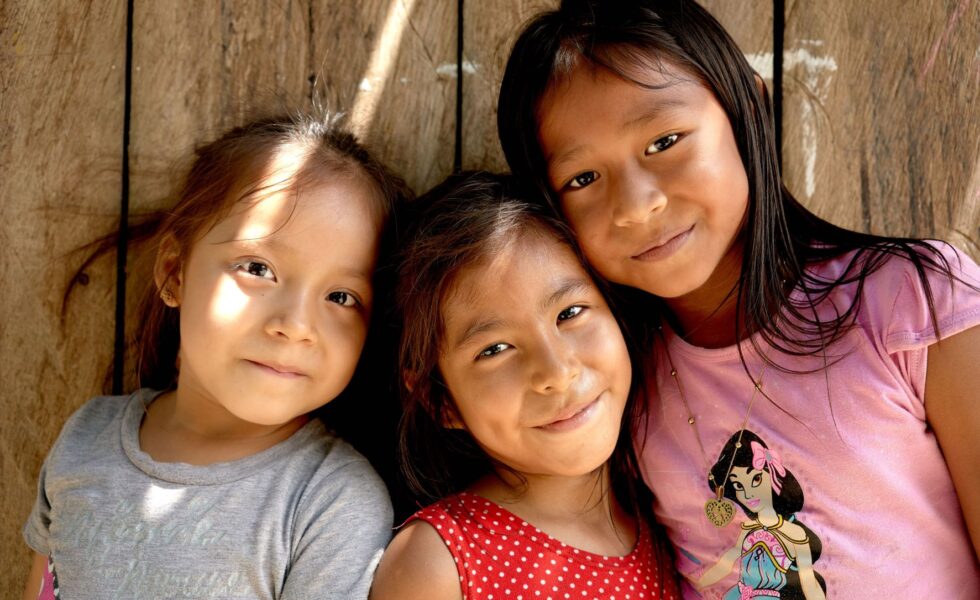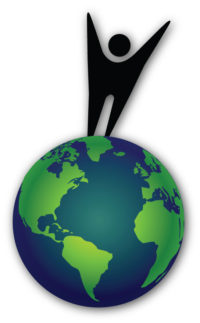Cultural Education In The Digital World

It is always a good time to celebrate diversity. On Monday, many in the United States celebrated Indigenous People’s Day, and this weekend will mark the end of Hispanic Heritage Month. As we reflect on the diverse people who make up our communities, it is important to consider the role that the digital world plays in creating a more equal society.
According to the United Nations, access to the internet is a human right. Without reliable access to the internet and devices, people lack the same access to healthcare, education, and more. And while it is important for people to balance internet usage with face-to-face interactions, digital communities also provide a unique space for cultural information sharing.
For example, indigenous communities use the internet as a space for healing and cultural education, hosting virtual Pow Wows, online talking circles, and broadcasting indigenous speakers.
“For reconciliation between Indigenous and non-Indigenous people, internet connectivity means the ability to build relationships with one another by sharing, listening, and learning,” Emma Greenfield, a 2020 Social Connectedness Fellow, wrote. “It creates possibilities to reconcile the shared history of Indigenous and non-Indigenous people that has eroded over time, allowing for a resurgence of Indigenous stories to reinvigorate digital spaces.”
These possibilities are not limited to indigenous communities. Everyone has the opportunity to learn more about their own culture through digital spaces– and to learn about other cultures. For people who have been separated from their culture through migration, oppression, and other means, these tools are even more important.
In our Today’s Digital Citizens curriculum, Youth Speak Out International encourages students to make connections with their own identity and be open to learning about people who might be different from them. These spaces are critical to social-emotional learning and creating a safe, nurturing community in the digital world and beyond.
 youthspeakoutint.org
youthspeakoutint.org

Leave a Reply